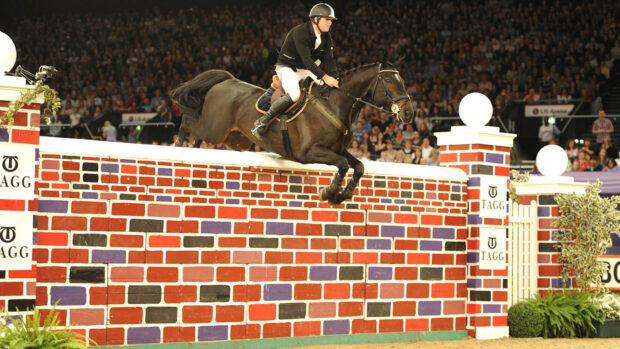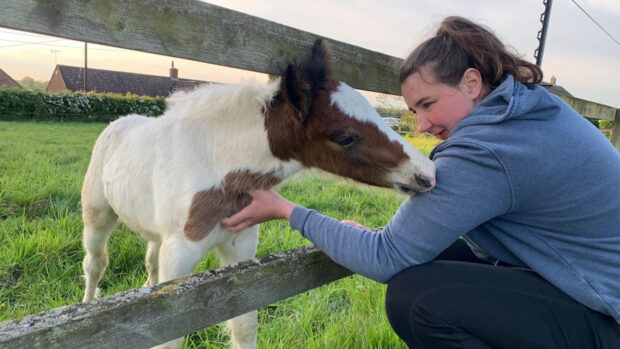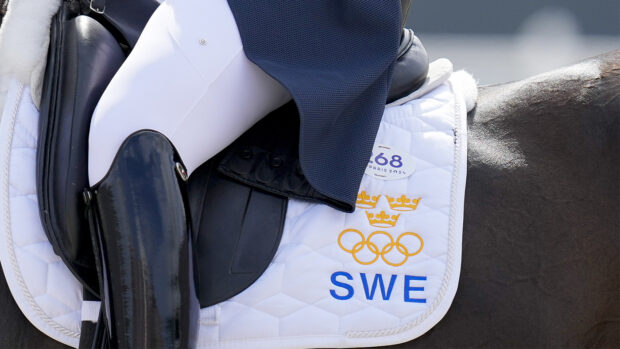The Ministry of Defence (MoD) is urging riders to put concerns about helicopters carrying out low-flying training into perspective — and help avoid potential accidents by providing information about organised equestrian events.
“We want to put low-flying into context,” said Wing Commander Jon Taylor. “There is a large loss of life on a weekly basis in Afghanistan and one of the main roles of Chinooks out there is instant response.
“Pilots need to practise [low-flying] in the UK as there is no time for training once they are there.”
Since 2001, some 221 British forces personnel and Ministry of Defence civilians have died in Afghanistan — including 84 this year, the highest annual toll yet.
Addressing the British Horse Society Safety Conference (BHS) on 3 October, Wg Cdr Taylor stated that UK low-flying training does not take place on weekends or bank holidays to avoid peak riding times, and that crews take great care to prevent accidents.
Three riders have died in incidents with low-flying aircraft in the past 13 years — one in 1996 and two in 2003 — and six horses have died since 2008.
“We do not want to downplay the accidents, but ask for a little perspective,” said Wg Cdr Taylor.
The BHS set up a low-flying awareness campaign after rider Heather Bell died in an incident involving a Chinook in 2003, instigating a review of training and better liaison between equestrians and the Ministry of Defence.
Wg Cdr Taylor reported a 30% reduction in complaints in the last five years. But he warned the MoD can only help horse owners if they are kept informed.
The Ministry of Defence has a system whereby event organisers can request temporary avoidance for the day of a competition.
“We had 1,000 temporary avoidance pleas last year – be it Pony Club camps or an international horse trials — but still too many people contact us after the event,” he said.
The MoD is currently working with the Riding for the Disabled Association (RDA) to ensure lessons at the RDA’s 400 centres are avoided.
Ed Bracher, chief executive of the RDA, added: “The procedure has been effective so far.”
To contact the MoD, visit www.mod.uk or tel: 0207 218 6020 for complaints or 0800 515544 for the helpline.
This article was first published in Horse & Hound (15 October, ’09)




